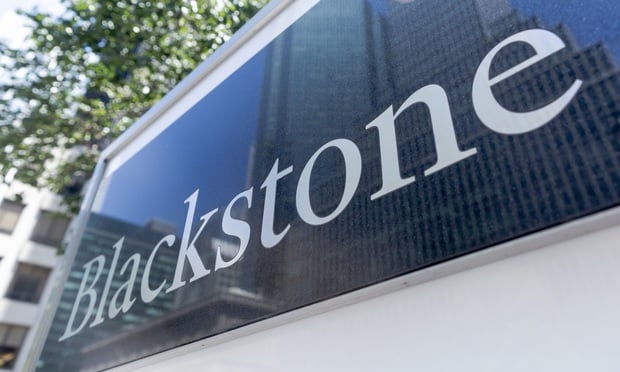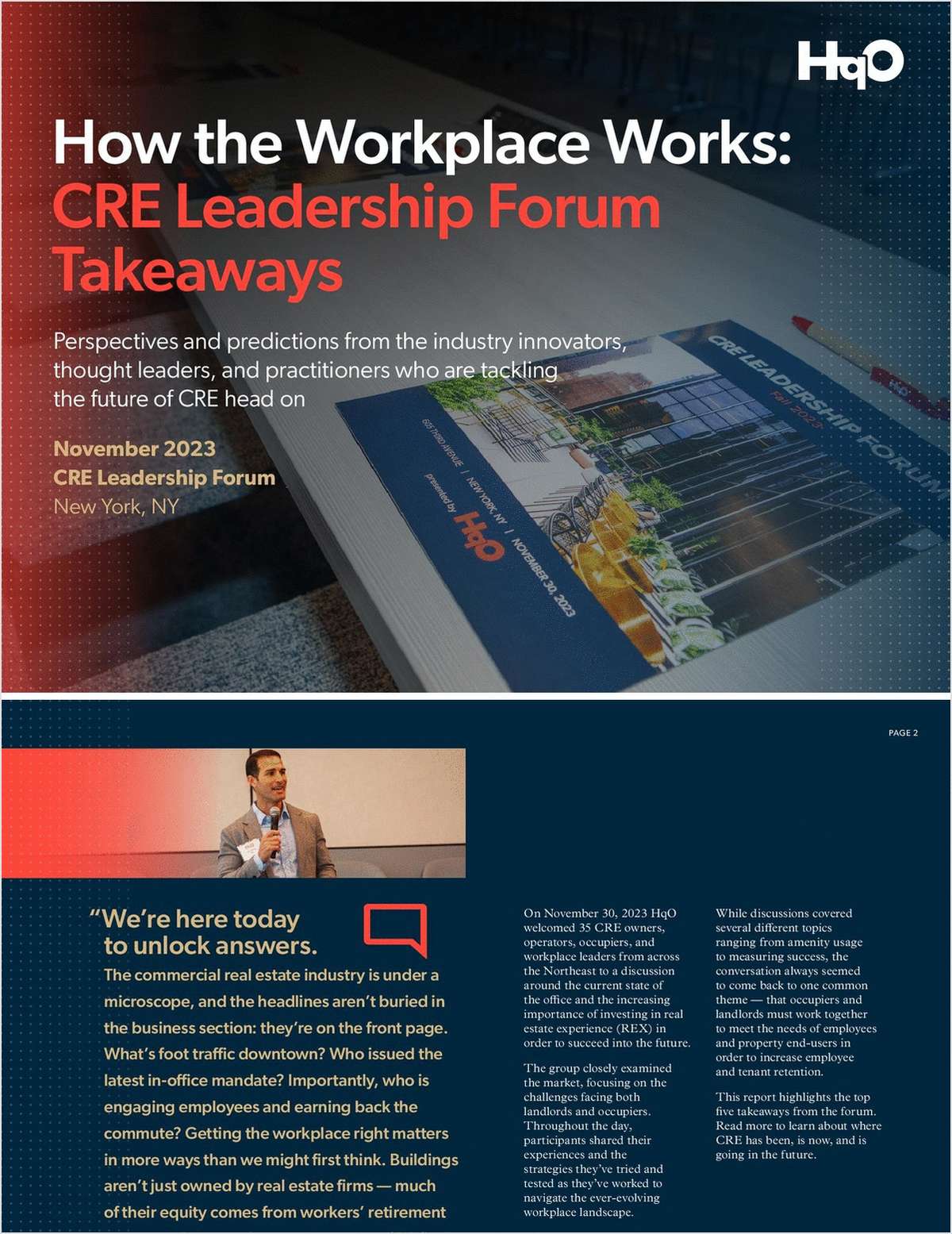While the U.S. continues to be in the midst of its longestuninterrupted economic expansion in modern history, slowing growthmetrics along with abundant geopolitical uncertainties areheightening perceived risk of impending recession. Concernsinclude:
- U.S. GDP growth is decelerating and during the near‐termincreases are anticipated to remain modest;
- The Conference Board's consumer confidence index fell to 125.1in September, down from a revised August 2019 reading of134.2;
- Trade with Canada and Mexico falls into the same uncertaintynow gripping U.S. relations with China and Europe. A failure ofCongress to ratify a new NAFTA deal which will govern traderelations with these two neighboring countries is a warning signthat illustrates how political volatility could drag down the U.S.economy even if its fundamentals remain strong;
- The Federal Reserve Bank of New York's recession probabilityindicator, which gauges the likelihood of a recession within thecoming 12 months, rose steeply from around 10 percent at thebeginning of 2019 to 37.9 percent in August;
- An inverted interest rate yield curve has endured for severalmonths, a phenomenon that has signaled each U.S. economic recessionsince 1950;
- Ultra‐low interest rates continue to trend downwards. Whilethis is a positive for borrowers, it is also raising speculationthat America is destined for negative yields like where Japan andmuch of Europe have been stuck for some time;
- Washington DC is currently in an impeachment frenzy;
- Unknown effects of Brexit which depend on whether the UK leaveswith a withdrawal agreement, or before an agreement is ratified("no‐deal" Brexit);
- In response to a proposed extradition bill, which included anagreement with mainland China, since June, Hong Kong has beensubject to mass demonstrations with continuous violent clashes andrioting;
- The Middle East is currently more combustible than ever.Conflict(s) resulting in global ramifications could break out invarious cities/countries for a multitude of reasons;
Despite daily warnings of possible economic fragility, jobscreation statistics remain relatively steady and personal incomescontinue to grow, both of which could sustain the financial systemduring whatever rough patches may be encountered. Not everyonebelieves a recession is imminent, and contrarians can point toother metrics that paint a much sunnier picture. Either way, theprevailing view seems to be that when the next recession hits, itwill be less severe than the last one.
|Through this past August the U.S. hotel industry's expansioncycle reached 114 months, as hotel revenue per available room(RevPAR) declined year over year only two months during thisperiod, namely during August 2018 and in June 2019. Generally,national hotel supply and demand growth are in equilibriumresulting in relatively flat occupancy levels and lackluster RevPARgrowth stemming from average daily rate increases barely equal toinflation (and decelerating).
|America's hotel sector has been operating at peak levels for thepast three years as an expanding economy has readily absorbedaccelerated supply growth in most markets. Notwithstanding risingsalary and wage rates and slowing revenue growth, operators havecontrolled costs sufficiently to achieve GOP margins at theirhighest levels since the 1960s. With everything said, the near‐termlodging outlook appears choppy as prognosticators have downgradedprojected 2020 national RevPAR growth.
|The LW Hospitality Advisors (LWHA) Q3 2019 Major US Hotel SalesSurvey includes 41 single asset sale transactions over $10 million,none of which are part of a portfolio. These transactions totaled$3.725 billion and included approximately 13,100 hotel rooms withan average sale price per room of $283,000. By comparison, the LWHAQ3 2018 Major U.S. Hotel Sales Survey identified 57 transactionstotaling roughly $6.4 billion including 15,300 hotel rooms with anaverage sale price per room of nearly $419,000. With more than 28percent fewer trades and a 42 percent decline in total sales dollarvolume during Q3 2019, the U.S. hotel transaction market hasclearly slowed down when compared to Q3 2018 along with a growingdisconnect between seller prices and buyers' bids.
|Notable observations from the LWHA Q3 2019 Major U.S. HotelSales Survey include:
- Twelve or roughly 30 percent of the total number of Q3 2019sale transactions occurred in two states. With seven Q3 2019 hotelsales, Florida continues to be the most active transaction marketfollowed by five trades in California;
- NYC continues to experience a challenging environment for hotelinvestment as only one sale occurred during Q3 2019 subsequent tozero during Q2 2019;
- Ten of the 42, or almost a quarter of Q3 trades, were forgreater than $100 million each. Six of the Q3 trades were between$100 and $200 million and two of the Q3 trades were between $200and $400 million;
- Premier Group WLL based in Bahrain acquired the 215 room FourSeasons Hotel One Dalton Street, Boston for $268 million, or $1.250million per unit from Carpenter & Company, Inc. who recentlydeveloped the property with a 61‐story mirrored glass tower thatseparately includes a 160 Four Seasons Private Residences;
- Blackstone purchased the 1,260 room Hyatt Regency Atlanta for$355 million or $282,000 per unit from Hyatt Hotels Corporation whowill continue to operate the facility. Opened in 1967, the HyattRegency Atlanta was designed by internationally acclaimed architectJohn C. Portman, Jr. and was the first contemporary atrium‐stylehotel ever constructed;
- Two Q3 trades occurred above $500 million each. CaesarsEntertainment Corporation (Caesars) sold the 2,548‐unit RioAll‐Suites Hotel & Casino in Las Vegas to Imperial Companiesfor $516.3 million, or $203,000 per unit. Caesars will continue tooperate the property pursuant to a lease for a minimum of two yearsat $45 million in annual rent. The transaction also provides thebuyer an option to pay Caesars an additional $7 million for theextension of the lease under similar terms for a third year.Caesars reportedly will retain its rewards customers and thehosting rights to the annual the World Series of Poker. Also,a joint venture between Trinity Real EstateInvestments LLC and Elliott Management Corporation acquired the 950room JW Marriott Phoenix Desert Ridge Resort & Spa for $602million, or $634,000 per unit;
- Suffolk University's acquisition of the Ames Boston Hotelhighlights several trends: One, universities are challenged toobtain adequate land and student housing, particularly in urbanlocations. Two, development sites in urban gateway markets in theU.S. are trading at a premium. Three, Investors and real estateusers have become more creative, and are willing to pay up in orderto meet their objectives, and four, supply of hotel rooms does notalways grow. Fluctuating markets often result in changing highestand best property uses culminating in lodging facilities beingconverted or demolished to make way for alternative incomeproducing opportunities.
- GIC Private Limited, formerly known as Government of SingaporeInvestment Corporation entering into a joint venture with SummitHotel Properties to acquire the 88‐guestroom Hampton Inn &Suites in Silverthorne, CO is intriguing. An overseas sovereignwealth fund investing 49 percent of a $25.5 million capitalizationin a Rocky Mountain town is illustrative of global capital chasingyield by seeking opportunities in a relatively small sized dealsituated in a rural resort area;
- Sophisticated hotel centric investors continue to executecapital recycling strategies within the lodging sector. Entitiesthat are active purchasers and sellers of hotels include:
- Ashford Hospitality Trust
- Blackstone
- Brookfield Property Partners L.P.
- Clearview Hotel Capital
- Columbia Sussex Corporation
- Elliott Management Corporation
- GAW Capital Partners
- Highgate
- Host Hotels & Resorts Inc.
- Hyatt Hotels Corporation
- Noble Investment Group
- Park Hotels & Resorts
- Peachtree Hotel Group
- Pebblebrook Hotel Trust
- RLH Corporation
- Starwood Capital Group
- Summit Hotel Properties
- Trinity Real Estate Investments
- Wheelock Street Capital
- White Lodging
|
Additional commentary on the U.S. hotel market based upon myobservations:
- With enormous amounts of equity from all over the globe chasingyield at this stage in the cycle, the hotel sale transaction marketremains relatively robust. Savvy investors continue to seecompelling rationales to capitalize on opportunities to obtainirreplaceable locations and buildings, evidenced in part by thereported frenzied bidding amongst more than a dozen investor groupsfor Anbang Insurance Group's 15 property $5.8 billion luxury hotelportfolio;
- M&A activity in the sector also remains robust asdemonstrated by the recently announced merger of two significantindependent hotel operators, namely Aimbridge Hospitality andInterstate Hotels & Resorts, which will result in a combinedmanagement portfolio of more than 1,400 hotel properties in 49states and 20 countries. Another example is Park Hotels &Resorts Inc.'s closing its $2.5 billion acquisition of ChesapeakeLodging Trust.
- Secondary and/or tertiary cities such as Charlotte, Houston,Salt Lake City, and Tampa continue to evolve into attractivemarkets for investors challenged to identify quality hospitalityinvestment opportunities in high priced first‐tier cities such asBoston, Los Angeles Miami, New York, and San Francisco;
- The sector continues to be flush with CMBS and other debtproducts which support lower all in borrowing costs and oftenprovide a compelling thesis to refinance owned assets and returnequity, versus placing them on the market for sale;
- A continued strong U.S. dollar and political factors arecontributing to weakened inbound international travel trends whichplaces negative pressure on hotel performance in several gatewaymarkets including New York, San Francisco and Washington DC;
- Operating expense models have changed across the industry,particularly in union markets. A higher proportion of costs are nowfixed rather than variable with occupancy, particularly labor, asgovernment and/or union work rules have created challenges toflexing schedules;
- Several markets have passed legislation imposing stricterrestrictions on alternative accommodations such as AirBNB and VRBOwhich should drive incremental compression hotel room nights;
- The Hotel Advertising Transparency Act of 2019, a bipartisanbill was recently introduced in the U.S. House of Representativesthat if ratified would prohibit resort/amenity/facility and otherfees from being introduced to travelers late in the bookingprocess. Fees have become increasingly popular at full service andresort properties, and as ADR growth has slowed these high marginrevenues enhance net operating income while remaining competitivein terms of the advertised room rate. Added disclosure and fullpricing transparency should create a more level playing field, butcertain hotels' relative value proposition could be negativelyimpacted in the eyes of price‐ sensitive consumers.
Although perceived risks to a positive outlook are evolving, theU.S. economy remains resilient, though risks to a positive outlookare mounting. Economic and geopolitical uncertainty is negativelyimpacting cross‐border transaction volumes and in the near‐termbroader growth uncertainties will remain a headwind for globalinvestor sentiment. History has proven that a late cycle mind setpositions markets to be more intensified towards signs ofdifficulties, and that such sentiments can "talk the market down"and turn into a self‐fulfilling prophecy and induce arecession.
|Everything in life is relative. Consider that during the GreatRecession of a decade ago, on average the U.S. lodging industryproduced profits, albeit lower than prior years. During theeconomic recession of the early 1990's, coupled with the negativeeffects of the Persian Gulf War, the U.S. hotel industry waslargely unprofitable. Although growth of current record highlodging fundamentals may be slowing, nonetheless future growth isanticipated to endure. Due in part to the lack of long‐term creditworthy tenancies and that with continuous resetting of room rates,hotels are fundamentally long‐term investments. At any point in acycle, shrewd lodging investors that pay market prices predicatedupon underwriting (not necessarily holding) a minimum ten‐yearprojection period tend to realize healthy returns.
Want to continue reading?
Become a Free ALM Digital Reader.
Once you are an ALM Digital Member, you’ll receive:
- Unlimited access to GlobeSt and other free ALM publications
- Access to 15 years of GlobeSt archives
- Your choice of GlobeSt digital newsletters and over 70 others from popular sister publications
- 1 free article* every 30 days across the ALM subscription network
- Exclusive discounts on ALM events and publications
*May exclude premium content
Already have an account? Sign In
© 2024 ALM Global, LLC, All Rights Reserved. Request academic re-use from www.copyright.com. All other uses, submit a request to [email protected]. For more information visit Asset & Logo Licensing.









